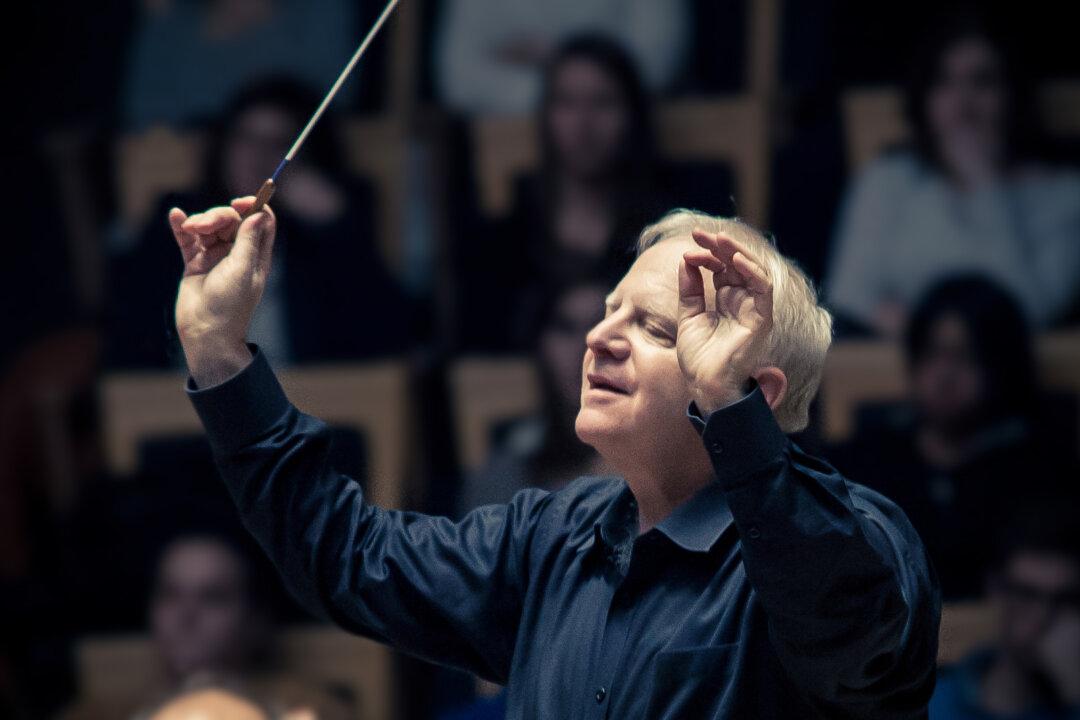As conductor Leonard Slatkin prepares to leave his music directorships at the Detroit Symphony Orchestra and Lyon Symphony Orchestra, he already has his hands full with new projects to tackle, and ideas and places to explore.
Slatkin is constantly looking to the future and driven by curiosity. Over the course of his career, he has conducted most major symphony orchestras around the world, championed American classical music and composers, and pushed for people to have greater access to orchestras. Now he is finishing his second book, “Behind the Baton”; looking forward to getting back to composing music and arranging pieces; and planning to explore a long list of places around the world. At 72, he wants to be freed up for more creative endeavors.
A very important facet of the arts and creativity is individuality, he said by phone, yet it’s also something most at stake in our time.






